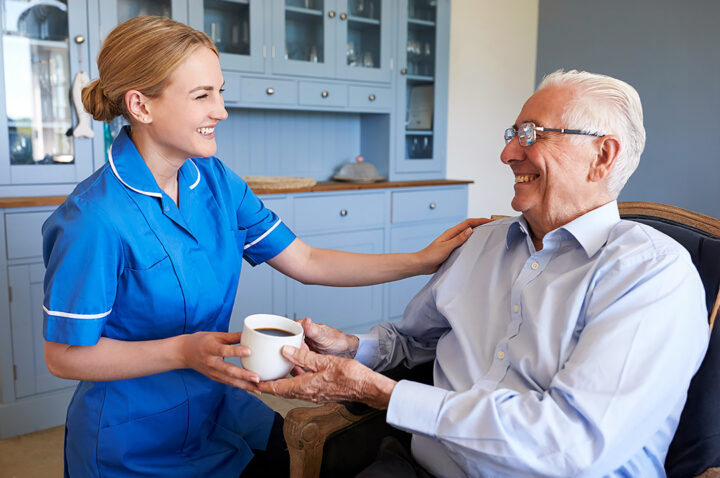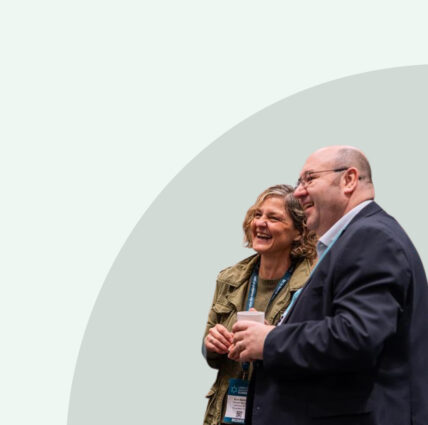Go Decaf!

Summary
‘Go Decaf’ is a staff-led Quality Improvement initiative led by the Enhanced Care for Older People (EnCOP) team. It addresses the role of caffeinated drinks in contributing to toileting-related falls among older patients. By making decaffeinated drinks the default option in clinical areas, the project promotes safer hydration practices and improved wellbeing, while maintaining patient choice. Grounded in NICE guidance and supported by frontline staff insights, the initiative suggests measurable reductions in falls, improved patient outcomes, and sparked national interest as a scalable, low-cost model for safer care.
The Challenge
Ward staff frequently raised concerns about the effect of caffeine on patients, particularly its impact on urinary urgency and toileting-related falls. Many felt unable to make sustained changes locally despite NICE guidance highlighting the benefits of reducing caffeine for those with bladder symptoms. Datix data revealed that more than 25% of inpatient falls in one month were toileting-related, underlining the scale of the problem. The challenge was to introduce a practical, evidence-based change to reduce risk, support hydration, and enhance patient wellbeing, without adding burden to staff or undermining patient choice.
The Solution
The EnCOP team led the initiative, alongside the Trusts Continence Team working with specialists in falls prevention, continence, nutrition, pharmacy, oral health, mental health, and infection prevention. Collaboration with University Hospitals of Leicester NHS Trust provided valuable learning on patient education and embedding change. The project ran pilots across hospitals, community settings, and a care home, introducing decaf as the default while ensuring caffeinated options remained available. Staff, patients, and carers were engaged through education packs and activities such as the ‘Taste the Difference’ challenge, which demonstrated strong acceptance of decaf when its health benefits were explained. Data collection used existing systems, minimising extra workload for staff, and regular support was provided by the EnCOP team and continence leads.
Results & Next Steps
Across pilot sites, toileting-related falls reduced by around 20%, with seven wards achieving reductions greater than 50%. At one care home, overnight pad use fell by 20%, supporting continence management. Over 75% of ward managers reported improvements in patient sleep and reduced agitation, with feedback describing calmer patients and fewer falls. Patient and carer feedback was positive or neutral, and staff reported good acceptance of the change. Externally, more than 18 NHS Trusts have expressed interest, with two running trials. The initiative will be showcased at the British Geriatrics Society Continence Conference in 2025, with ongoing collaboration planned across the Integrated Care Board and local care homes to extend its reach.




